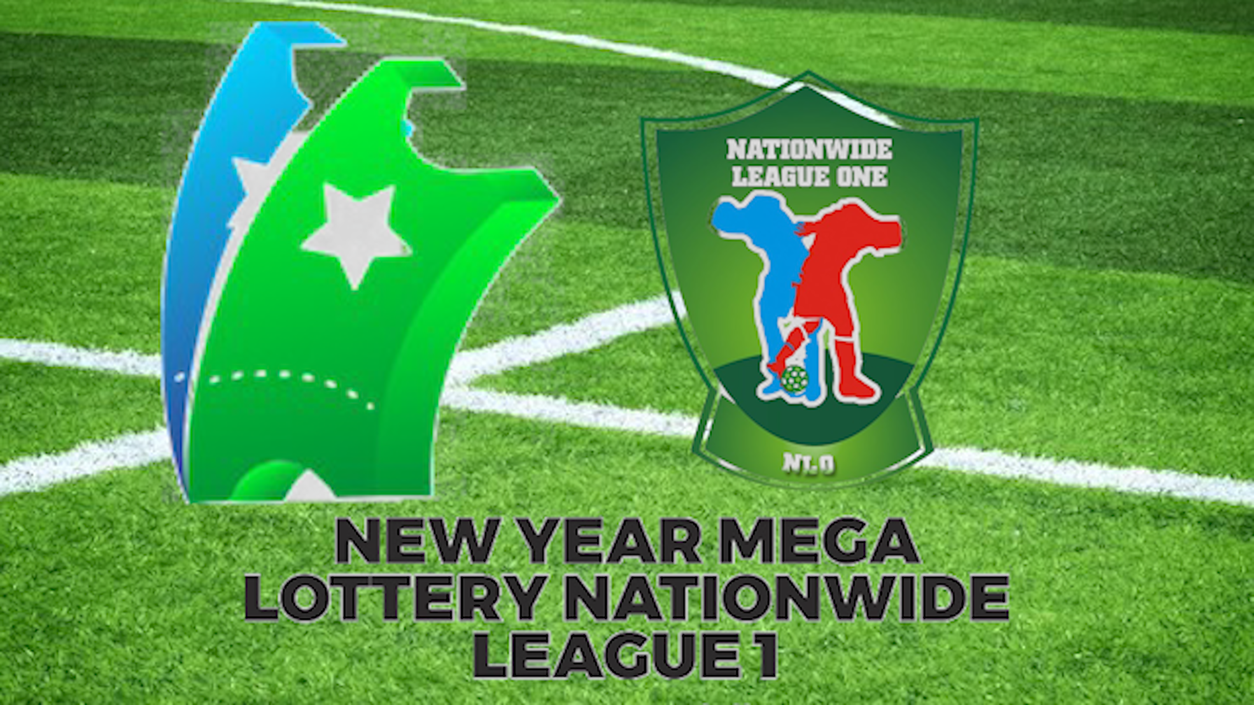Nigeria Leagues
U19 Youth League: NLO adopts local stadiums to bring grassroots football closer to communities – Ogunnowo

By Dayo Awoniyi
As the Nationwide League One (NLO) prepares to unveil fixtures for the 2025 U19 Youth League season, the league’s Chief Operating Officer, Mr. Olushola Ogunnowo, has explained the rationale behind adopting more community-based venues for upcoming matches.
In an interview with the NLO Media Channel, Ogunnowo emphasized that the new initiative is aimed at deepening community engagement and expanding the reach of grassroots football development.
“Grassroots teams are at the heart of football. Without them, many people’s passion for the sport wouldn’t exist,” he stated. “These clubs play a vital role in contributing to local communities and building connections among people from diverse backgrounds. They promote inclusivity, open-mindedness, and social cohesion.”
Ogunnowo highlighted that since the NLO’s rebranding a decade ago, the league has made conscious efforts to strengthen relationships between football stakeholders, players, and fans across various regions.
In a significant shift from tradition, where matches were often staged in city-center stadiums, the 2025 NLO U19 Youth League will now feature games in more localized venues.
Emerging host communities include Ileogbo in Osun State, Apele in Sagamu (Ogun State), Kazaure in Jigawa State, Numan in Adamawa State, and Kontagora in Niger State, among others.
“This is part of our commitment to promote grassroots football at the community level and to ensure more regions can actively participate in the league’s growth,” Ogunnowo said.
The NLO Secretariat has invited Local Government Areas (LGAs) with standard football facilities to host league matches. State Football Associations are encouraged to propose suitable venues for inspection and approval.
“We urge all State FAs to identify and recommend stadiums that meet NLO standards,” Ogunnowo added. “Our team will carry out timely inspections and compile comprehensive reports to ensure transparency and full compliance.”
According to the COO, the initiative aims to make football more accessible, drive local support, and ensure communities are direct beneficiaries of the expanding grassroots football ecosystem.
